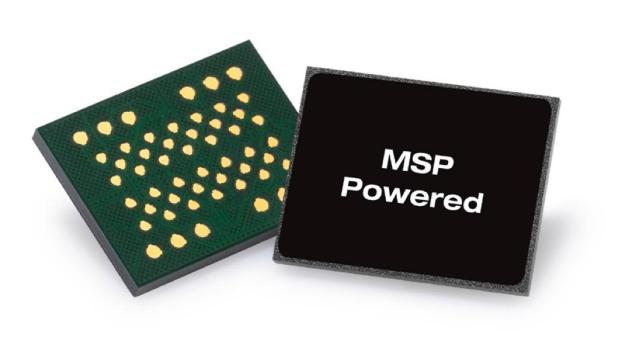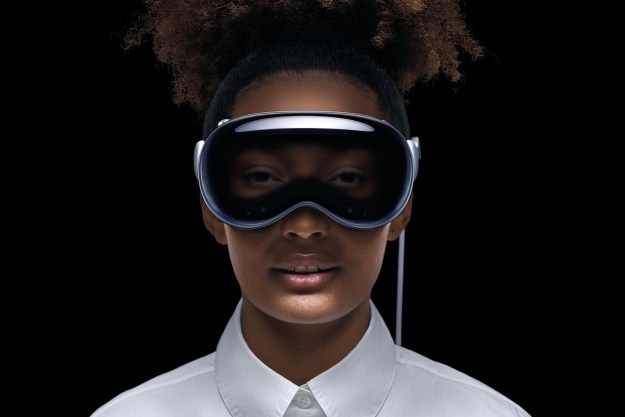
Apple has confirmed that it has acquired Israeli flash storage developer Anobit, with Apple spokesperson Steve Dowling confirmed the purchase to Bloomberg but did not go into any detail—including the price Apple paid for the company.
Flash storage is central to Apple’s iPhone, iPad, and iPod product lines, and is an increasingly critical component for its Macintosh computers as flash-based SSD drives jump into the mainstream: Apple’s MacBook Air product line has been built around SSDs for years, and SSDs are now available as options on a wide range of Apple computers. Anobit isn’t a leading flash manufacturer—the company is fabless, meaning it doesn’t have manufacturing facilites of its own. Rather, Apple’s interest in Anobit is all about Anobit’s technology: the company develops flash memory controllers incorporating proprietary signal processing to improve the lifetime, performance, and power consumption of flash memory. Apple has been using Anobit-designed flash memory in its devices for years; the acquisition brings in a large team of chip designers, could potentially give Apple a lock on some of the highest-quality flash technology on the planet, and enable Apple to design flash storage with capabilities specific to Apple devices—in much the same way Apple built its own A4 and A5 processors for its iPad and iPhone products.
Anobit also sells storage solutions aimed at data centers and enterprise; Apple may be eying Anobit technology as a useful leg up in for its iCloud servers, which Apple built a massive new datacenter to support.
The Israeli paper Cacalist initially reported the deal in December, claiming the deal was in the $400 to $500 million range. Apple has not revealed the financial terms of the acquisition; however, if the deal were that large it would be the company’s largest acquisition since it bought NeXT for $404 million in 1997—and brought Steve Jobs back to the company.
Apple also acquired chipmaker PA Semi back in 2008 (which served to fuel development of Apple’s A4 and A5 processors.
Editors' Recommendations
- All the ways Intel Macs are still better than Apple Silicon Macs
- Apple is already planning its next big thing after the Vision Pro
- The 5 best Apple Pencil alternatives in 2024
- Zoom unveils immersive app for Apple’s Vision Pro headset
- Apple shares new Vision Pro ad just days before launch


